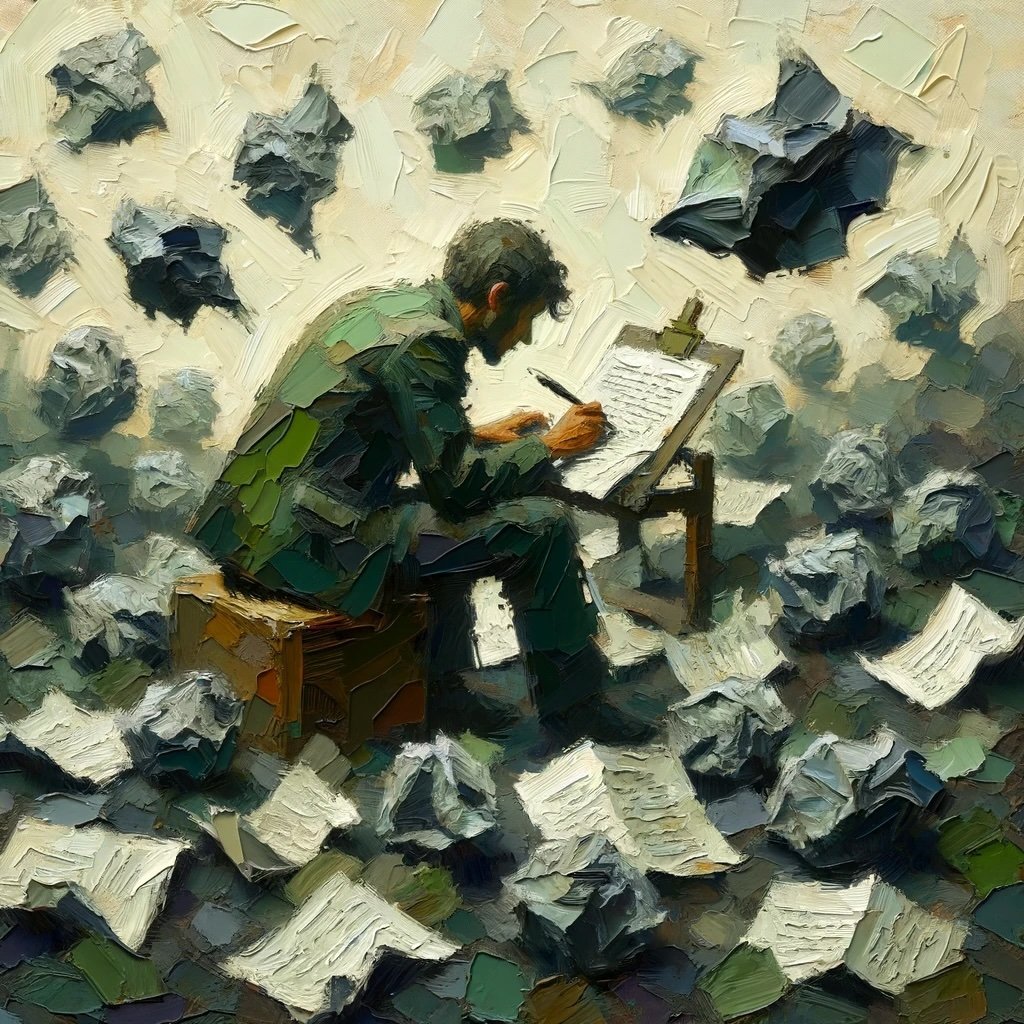
Welcome to our informational blog.
Topics covered include literary theory and practice, academic writing techniques, philosophy of education, and explanations of our methods for enhancing creative intelligence.
Jonathan Swift and the Art of Satirical Critique
The transformative journey of mastering satire, as detailed through the insights of "A Modest Proposal," highlights the indispensable role of a writing coach in guiding authors to leverage this potent narrative form.
Discovering Your Academic Niche: Techniques for Effective Dissertation Brainstorming
This article delves into two foundational techniques—free-writing and mind-mapping—that serve as powerful tools for initial brainstorming, helping writers to navigate the vast sea of their thoughts and crystallize them into coherent, researchable ideas. Furthermore, it explores the pivotal role of dissertation coaching in not only guiding writers through these brainstorming techniques but also in transforming the solitary venture of dissertation planning into a structured, supported journey.
Mastering the Art of Suspense: A Fiction Writer's Guide
Mastering the art of suspense is no small feat. It requires an understanding of narrative structure, character psychology, and the thematic underpinnings that make a story resonate on a deeper level. This is where the role of a fiction writing coach becomes invaluable.
Painting in Verse: The Craft of Ekphrastic Poetry
The incorporation of ekphrasis into poetry tutoring emerges as a vital tool for nurturing a poet’s ability to observe deeply, describe vividly, and think critically. By drawing on the rich tradition of ekphrasis, poetry tutors can guide poets in honing their descriptive powers, deepening their thematic explorations, and broadening their observational skills.
Bridging the Gap: High School to College Essay Writing
The shift from the structured, often formulaic essays of high school to the expansive, critical, and research-driven assignments of college can be daunting. However, it is within this challenging transition that the role of an essay writing tutor becomes invaluable.
The Art of Revision: Transforming Your First Draft
The process that unfolds post-first draft is both rigorous and rewarding, encompassing a series of deliberate and thoughtful steps aimed at elevating the manuscript to its highest potential. The role of professional editing emerges as a cornerstone in this journey, offering not just a keen eye for grammatical precision but a deep dive into the structural and thematic elements that define the narrative’s core.
Writing History: A Guide to Crafting Historical Fiction
Writers and historical fiction editors forge works of fiction that stand as vivid portals to the past, offering insights into the lives of those who walked before us and reflecting the universal themes that continue to shape our world today.
Essentials of Children's Literature: The Role of a Children’s Book Editor
Writing for children requires a delicate balance of simplicity and depth. The narrative and characters need to be engaging and relatable, conveying messages in a manner that is both entertaining and educational. A children’s book editor plays a critical role in refining a manuscript, ensuring it resonates with its intended audience while maintaining its educational and entertainment value.
Specters of the Past: Exploring Generational Memory Through the Ghosts of Literature
Writing coaches play a pivotal role in guiding clients to skillfully incorporate narrative devices, such as ghosts, to explore themes of the past, memory, and generational legacy in their work.
Haiku: The Art of Compression
Haiku teaches the importance of capturing fleeting moments with precision and clarity. For writing tutors and students alike, the lessons of haiku offer a pathway to more expressive, effective, and evocative writing.
Unraveling the Monomyth: The Power of the Hero's Journey in Storytelling
Understanding the psychological underpinnings of the Hero's Journey enables coaches to help writers craft narratives that resonate emotionally with audiences. By focusing on the inner journey of the hero, writers can create stories that offer genuine insights into the human condition.
Fairy Tales Through Time: From Oral Tradition to Modern Storytelling
Fairy tales, in their myriad forms, continue to enchant and educate, proving that the need for stories is as essential to the human experience as ever. In employing these elements, a writing coach not only aids in the technical craft of storytelling but also taps into the deep well of human experience embedded in fairy tales and folk traditions.
The Craft of Free Indirect Discourse in Narrative Writing
Free Indirect Discourse (FID) is a nuanced and sophisticated narrative technique that merges the voice of a third-person narrator with the thoughts and speech of the characters within a story. This technique effectively blurs the lines between the narrator's commentary and the internal monologue of the characters, allowing readers to delve into the characters' minds without the need for direct quotation or explicit attribution.
Mastering the Art of Dialogue Through Playwriting Format
Understanding the key components of playwriting format can provide valuable insights into how it effectively captures character interactions. By dissecting the fundamental elements of this format and its profound impact on dialogue and interactions, we uncover invaluable insights for writers across disciplines, aiming to enhance their craft and deepen the narrative resonance of their work.
Below the Surface: Hemingway's Iceberg Theory and Its Implications for Modern Writing
Ernest Hemingway's Iceberg Theory, also known as the theory of omission, is a cornerstone of literary modernism that emphasizes the depth of narrative lying beneath the surface of the text.
Embracing Individuality: The Montessori Method's Influence on Writing Tutoring
This article explores how the key principles of the Montessori method—individualized learning, choice-driven exploration, varied learning materials, the educator's guiding role, and a collaborative learning environment—can revolutionize writing tutoring.
Working Well With Editors: Fiction vs. Creative Nonfiction vs. Poetry
This article delves into the unique “ins and outs” of collaborating with novel editors, creative nonfiction editors, and poetry editors, offering you insights into how best to approach your work with each type of professional.
Understanding the Pricing Models of Online Editors
Whether for books, articles, academic papers, or business documents, freelance editors help authors refine their work. Their pricing models and rates can vary widely based on several factors, including the type of editing required, the editor's experience, and the project's complexity.
Digital Writing Analytics, AI, & Human Expertise: How Writing Coaches Can Help
In the evolving landscape of digital writing, the advent of sophisticated writing analytics and artificial intelligence (AI) tools presents both opportunities and challenges for writing coaches, tutors, and editors – especially those working online.
Crafting Excellence: A Guide to Professional Manuscript Editing for Aspiring Authors
Seeking out professional manuscript editing can be pivotal for authors of all experience levels. This article aims to demystify the process of working with a freelance editor and highlight the differences between developmental & content editing and line & copy editing.





















